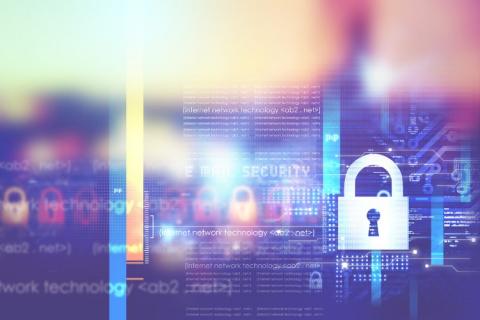The Changing Face Of Cybersecurity In The 21st Century
67% of small and micro businesses have experienced a cyber attack, while 58% have experienced a data breach within the last 12 months, according to a study conducted by the Ponemon Institute. Cybersecurity has become one of the major questions that plague the 21st century, with numerous businesses reporting significant losses resulting from loss of private customer data, denial of service (DoS) attacks.








